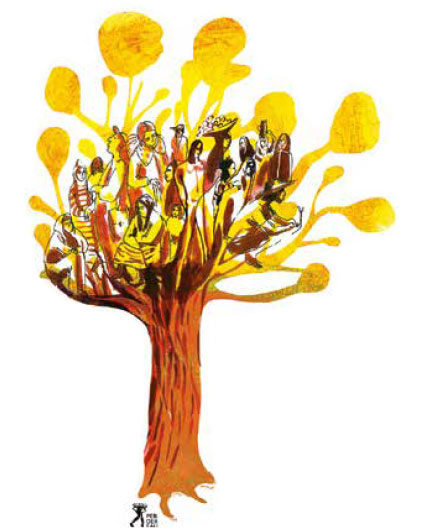Letter to Friends Around the World – N° 99

Daring to learn from people in extreme poverty
More frequently around the world, we hear people living in precarious situations say, as one man from Burkina Faso told us, “Even in extreme poverty, a person has ideas. If these ideas are not acknowledged, people sink even further into poverty.” All people, regardless of their living conditions, look at the world.
However, too often we see that people experiencing extreme poverty are not present when others make decisions that are going to impact their lives. They are not involved when development projects are designed, as if they are not part of the future of this work. They are not asked whether projects are relevant to them, as if their ideas and experiences do not enable them to give valuable advice.
In 2012, the General Assembly of the United Nations stated in “Guiding Principles on Extreme Poverty and Human Rights” that the full participation of people who are most excluded should be an absolute priority. The handbook concerning this issue spells out the conditions that would enable them to contribute to all aspects of society. These conditions include access to health, food, housing, education, work, and vital resources.
Everywhere we are seeing organizations and other groups of women and men join the people who are most rejected by society so that they dare to participate in their communities. We know from first-hand experience that when these people have the opportunity to belong to a group in which they feel respected and free to be themselves, they dare to take the time to think, to speak up, and give their opinions. When this happens, an entire community re-assesses the way it looks at its priorities, strategies, and financial commitments. Not only is poverty reduced, but the entire community moves forward and grows.
Daring to learn from people in extreme poverty means changing the future together.
Isabelle Pypaert Perrin
Director General
ATD Fourth World

